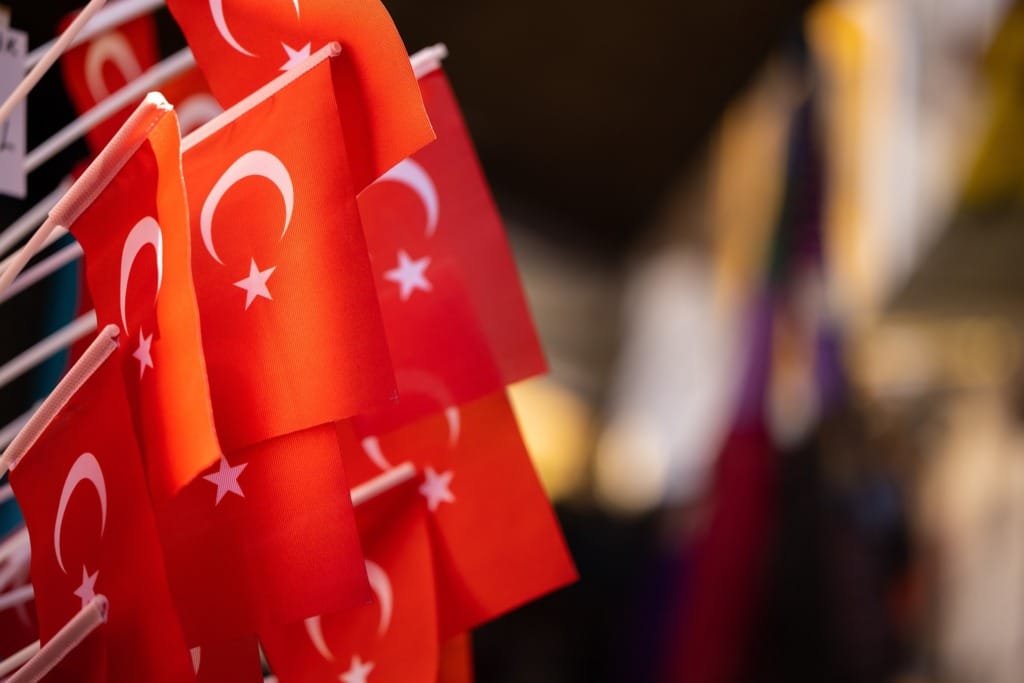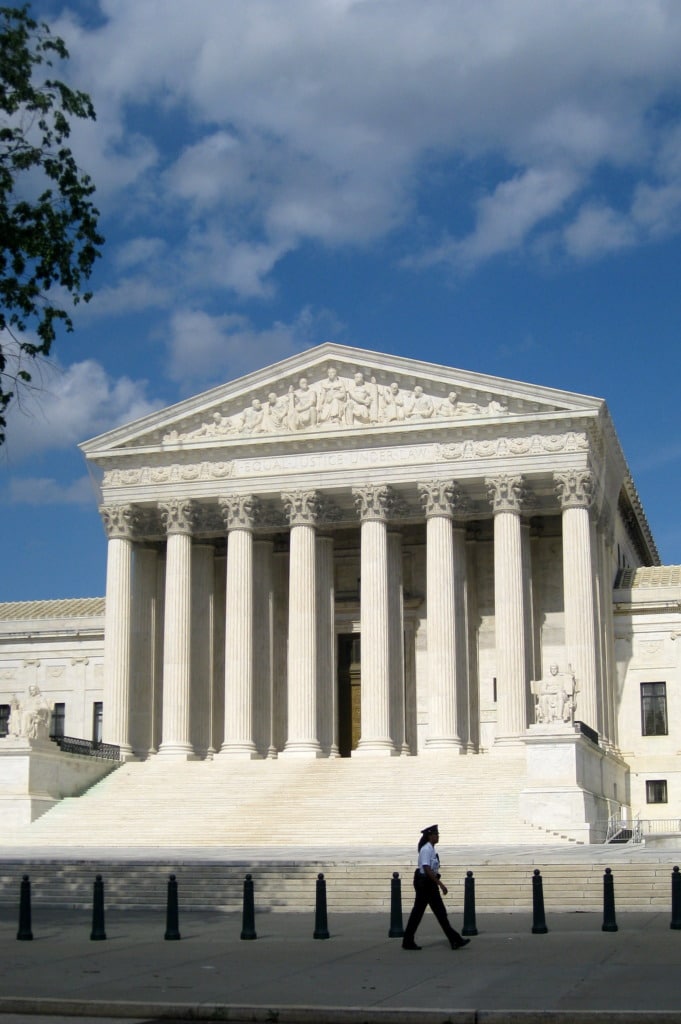Dubai Court Weighs in on U.S.-Iran Sanctions
Subject to certain exceptions, current U.S. sanctions law prohibits U.S. persons from supplying goods, technology, or services to Iran or its government. Consistent with these laws, U.S. insurers and reinsurers often include in their policies a Sanctions Clause, specifying they will not pay out on policies if doing so would violate U.S. sanctions laws. Such…
Continue ReadingWhat Deference to the Executive in Halkbank Should Have Looked Like
As previously reported, the Second Circuit issued its opinion in United States v. Turkiye Halk Bankasi (Halkbank) on October 22, 2024, addressing the deference owed to the executive branch’s determination that Halkbank, a Turkish state-owned bank, is not immune from criminal prosecution for violating U.S. sanctions on Iran. Similar questions of deference to the executive…
Continue ReadingEleventh Circuit Reverses Helms-Burton Judgments
On October 22, 2024, the U.S. Court of Appeals for the Eleventh Circuit overturned judgments of more than $100 million each against four U.S.-based cruise lines under the 1996 Helms-Burton Act. The decision is another example of just how difficult it has been for plaintiffs to recover under the act since President Trump allowed suits…
Continue ReadingSecond Circuit Holds for the Government in Halkbank Remand
The U.S. Court of Appeals for the Second Circuit has issued its opinion in U.S. v. Turkiye Halk Bankasi (Halkbank) following the Supreme Court’s decision to remand the case for further consideration of common law immunity issues. The same panel of Second Circuit judges held for the government the first time it heard the case…
Continue ReadingJPMorgan Caught Up in U.S. Sanctions Against Russia
A recent dispute in U.S. federal court shows that efforts to isolate Russia through sanctions are seeping into the courts of both countries. As the economic and legal regimes of Russia and the United States drift further apart, both Russian and U.S. courts have become increasingly bold in flouting the orders of the other. This…
Continue ReadingTransnational Litigation at the Supreme Court, October Term 2024
Today is the first day of the Supreme Court’s October Term. This post briefly discusses four transnational litigation cases in which the Court has already granted cert, as well as several others that are in the pipeline and could be decided this Term. Readers can also consult our Supreme Court page. Cases in which the…
Continue ReadingInterlocutory Appeals and State Sponsors of Terrorism
In a decision only lawyers could love, the Second Circuit held on September 3, 2024, that it lacked appellate jurisdiction over an interlocutory appeal by the Republic of Sudan brought in a multidistrict litigation (MDL) arising out of the terrorist attacks of September 11, 2001. The key issue is when the state-sponsored terrorism exception to…
Continue ReadingChoice of Law in Terrorism Cases Redux
On September 16, 2024, the U.S. District Court for the District of Columbia (Senior Judge Richard J. Leon) decided Messina v. Syrian Arab Republic. This case is the latest in a long series brought by victims of state-sponsored terrorism in the District of Columbia. In a pair of prior posts, I argued that the courts’…
Continue ReadingThe U.S. Takes the Fight Against Bribery to Foreign Officials—Take Two
Last December, Congress quietly enacted a landmark law—the Foreign Extortion Prevention Act (FEPA)—which threatens foreign officials with jail time if they solicit or take bribes from American companies, foreign companies listed on exchanges in the United States, or any person present in the United States. On July 30, 2024, Congress discreetly amended the statute… before…
Continue ReadingWestern Seizure of Russian Central Bank Assets Risks Sparking Global Pushback
As fighting between Russia and Ukraine continues to drag on, Kiev’s backers are taking steps to confiscate Russian central bank assets frozen in the West. Whether it is legislators advocating for such a move, governments exploring potential mechanisms or authorizing leaders to seize assets belonging to the Russian Federation, momentum is building. Doing so may…
Continue Reading







